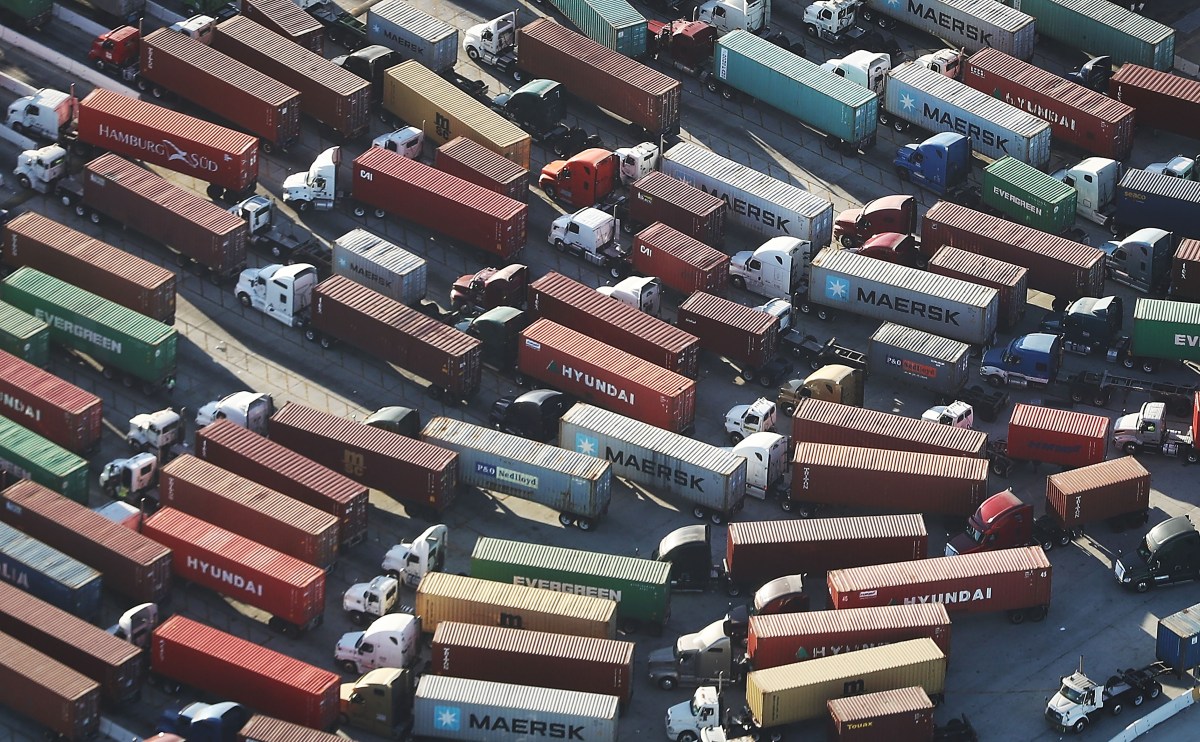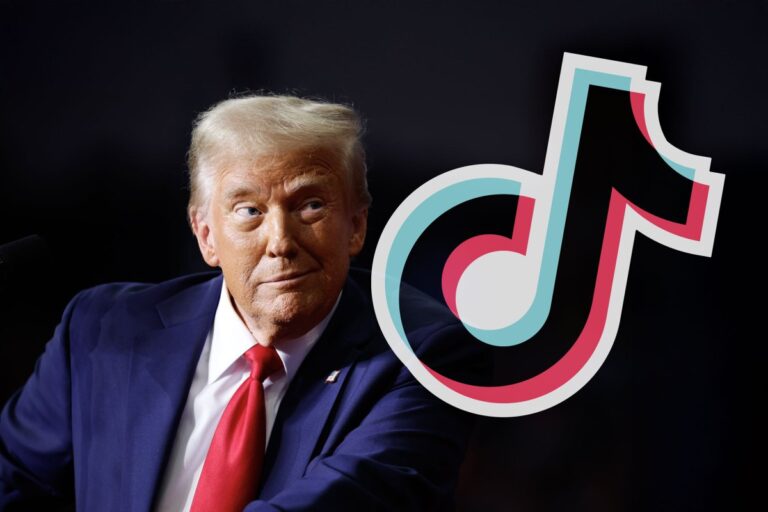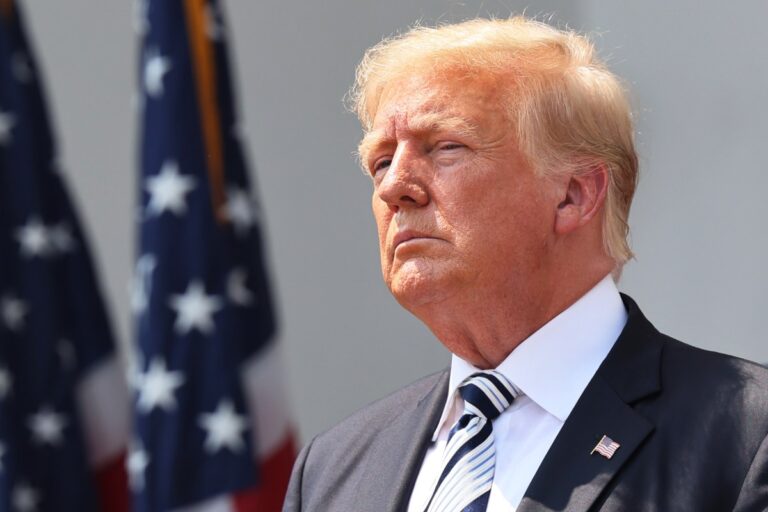Revolutionizing Tariff Wars: How a Web3 Startup is Shaping the Future of Trade
In the evolving landscape of global trade, President Donald Trump’s recent tariffs have sparked interest among Web3 startups. One such innovative company, Watr, aims to revolutionize the tracking of tariffs on goods entering and exiting the USA using its advanced blockchain platform.
Watr: Pioneering Blockchain Solutions for Commodities
Founded by industry veterans from Shell, BP, and J.P. Morgan, Watr is led by Maryam Ayati, a former global origination and investment leader at Shell Trading. Under her guidance, the company is making significant strides in the commodities sector, attracting substantial investment from unnamed crypto VCs and commodity executives.
Innovative Tracking of Tariffs
Watr’s platform is designed to validate commodities, with a focus on enhancing transparency in trade. Ayati explains that the platform will soon integrate machine-sourced data from satellites and sensors to track the journey of commodities effectively. This capability allows for early tariff checks before transactions are finalized, potentially mitigating financial discrepancies in international trade.
- Pre-Transaction Checks: Commodities can be validated for tariffs before any money changes hands.
- Global Trade Efficiency: The system aims to streamline trade processes, especially in light of tariff-induced slowdowns.
- Market Potential: The global commodities industry is valued at approximately $20 trillion.
Transforming the Global Economy
Watr’s mission extends beyond mere tracking; the goal is to modernize the foundational aspects of global trade. Ayati emphasizes that this initiative is not just about blockchain hype but about fostering trust, traceability, and liquidity in the real-world economy. In 2022, Watr introduced a “nutrition label” for commodities to monitor compliance with regulations, including CO2 emissions and other environmental, social, and governance (ESG) factors.
However, with a shift in focus towards tariffs and sanctions, Watr is positioning itself to help clients navigate the complex regulatory landscape before trades are executed.
Migration to Avalanche Blockchain
This week, Watr announced its transition to the Avalanche blockchain, developed by Ava Labs. This move enables Watr to create tailored “sovereign chains” specifically designed for the commodities sector, similar to implementations by major institutions like JP Morgan and Citibank.
Past Blockchain Initiatives in Commodities
Watr is not the first company to explore blockchain solutions for commodities. Previous initiatives, such as ‘The Seam’ in partnership with IBM, aimed to enhance transparency in agricultural supply chains. In 2018, the komgo initiative received backing from industry leaders including ING and Shell, focusing on digitizing trade finance processes.
Despite various attempts, many earlier projects have struggled to gain traction.
Market Validation and Future Prospects
Independent Web3 VC Keld Van Schreven from KR1 notes that the market will ultimately determine the success of Watr’s ambitious plans. If Watr can effectively implement pre-trade tariff validation on a large scale, especially given its experienced leadership and significant backing, it could represent a pivotal moment for blockchain adoption in global trade. The move to Avalanche also indicates a commitment to scalability, although real success will depend on transaction volumes and widespread industry adoption.
For more insights into blockchain technology in trade, explore our articles on Blockchain’s Role in Global Trade and Innovations in the Commodities Sector.







